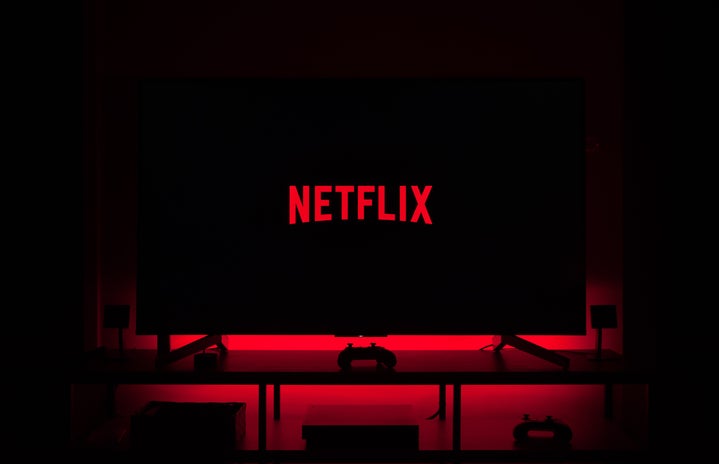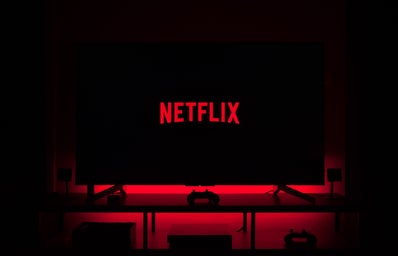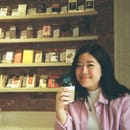I know – I’m late to the Marie Kondo conversation. The show came out a little while ago and has sparked (pun 100% intended) a bunch of memes, defiant book hoarding, and think pieces on all kinds of aspects, like the inherent privilege in even needing to declutter. But it took me a while to bring myself to watch the show. And I want to be clear right now, it had nothing to do with Marie Kondo herself. It’s about the public image she has here in America, the journey from her bestselling book to her Netflix show, and how complicated cultural exchange is today.
I worry whenever a piece of Asian culture becomes trendy here, whether it be food or religion or organizational methods. There’s a long pattern of westerners (especially rich white ones) Eat-Pray-Loving their way through Asia – North, South, and Middle East – then cherry-picking what pieces of culture feel the most exotic and fun. And that exoticization has roots in large problems and power dynamics colonialism has left behind. But that history is maybe its own essay, and better explained in other texts and videos. What’s important to note here is that when self-help crazes inspired by other cultures come along, there’s baggage in that cultural exchange. And a lot of that is seen in how these stories about self-improvement and spirituality treat the Asian people whose culture they borrow.
In the Eat, Pray, Love movie Ketut is “some guy who looks a little like Yoda,” handing out prophecies. He’s mystical, his advice confusing at first but in the end, always profound. His culture and stilted English are funny quirks. This is common among all portrayals of sage Asian advisors in popular culture, think Mr. Miyagi. It seems benign but in reality, is patronizing. It puts Asian people, culture, and history to the sidelines. It strips Asian people of complexity and depth. And there’s traces of that exoticization in how Marie Kondo has been introduced into American pop culture.
When a celebrity comes on a talk show, it’s supposed to be a chance for them to promote their work and showcase their brand. But when Marie Kondo comes on an American talk show, it becomes a chance for the hosts to gawk and laugh at her. From Kimmel to Ellen, hosts giggle at Kondo. They giggle at the way she speaks to objects and thanks the spaces she organizes. They gawk at how cute and petite she is, they laugh at the English she doesn’t understand. They think it’s hilarious and adorable how foreign she is.
Even in the more respectful talk show appearances like Colbert, there’s a tinge of exoticization at Kondo’s cuteness and language barrier. They don’t treat Marie Kondo as a regular guest, but a passive cute organizational Japanese fairy. When in reality, especially with a more informed host who speaks Japanese, Kondo is an assertive business woman and serious about her KonMari method. But her image as a cute Asian woman is more marketable, and serves as a part of the Netflix show’s appeal.
Like with every self/home-improvement show, what separates Kondo’s show from say, the more routine advice of a professional organizer, is the emotional labor involved. How that emotional labor looks often depends on each show’s marketing and the host’s persona. Supernanny thrived on the no-nonsense and blunt cadence of Nancy Jo Frost. Besides re-training the kids, the emotional labor is the way Frost forces parents to reexamine their parenting. Netflix’s own Queer Eye hinges on the different kinds of masculinity between its hosts and subjects. Besides a makeover and making guacamole, the emotional labor is the hosts helping subjects confront their ideas of masculinity.
Kondo’s emotional labor on the show is the life lessons and philosophy in her methods of organization. But with that, comes the baggage of complex post-colonial cultural exchange. Whether Netflix intended for it or not, Tidying Up with Marie Kondo and the ‘cute’ persona the show gives Kondo as host, relies on the idea of Kondo as a mystical sage foreigner. How much of that has to do with Kondo’s Asian identity versus her specific public image, is hard to say. As Troy Patterson pointed out in his The New Yorker review, “Perhaps she’s not an Other, just otherworldly, in the manner of a fairy godmother or enchanted nanny.”
And, though I’m still making my way through the season, I have to say that the Netflix show does feel like progress. Comparing it to a similar video with Vogue back in 2016, Kondo is given much more respect on the show. The Vogue video, similar to a lot of the content around Kondo at the time, watered down Kondo’s methods and disregarded the logic it operates on. Kondo and her method are just a quirky way to organize a closet. Obviously, part of that is just the medium of a show versus a short video segment, but it also feels like a cultural shift that’s (hopefully) happening. On the Netflix show, Kondo helps a diverse group of people and with more creative control, showcases her method and herself in more depth.
Still, there’s something uncomfortable for me in how much of the show relies on Kondo’s cuteness and it’s ties to her foreignness. And there’s the added factor that on the show she may just be “otherworldly,” but outside it she is still very much treated as the Other. And unlike Queer Eye, Kondo’s show is not explicitly about deconstructing those cultural barriers. But that’s fine, it doesn’t have to be. The weight of transforming the public image that’s been projected onto her, shouldn’t be on Kondo – it’s on us North Americans (specifically talk show hosts who f*cked up, do better Kimmel). So, go ahead and watch Tidying Up with Marie Kondo, make use of Kondo’s advice and wisdom. It’s totally fine to take comfort in how soothing and cute she is. Just please also respect her, make sure you take her seriously.



